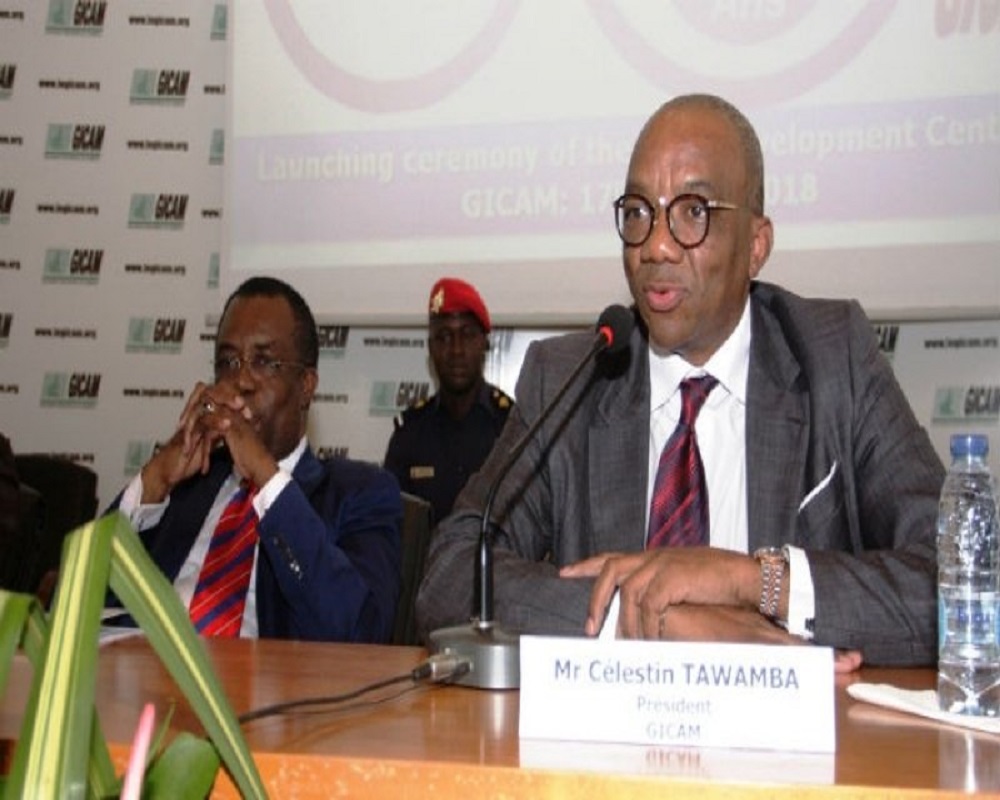They were formulated on October 22 during the 11th edition of the Cameroon Business Forum in Yaoundé. Take urgent action for economic recovery after the negative effects of COVID-19. In summary, this is what should be remembered from the 2020 edition of the Cameroon Business Forum (CBF), a consultation framework between the public authorities and the private sector, put in place since 2009.
The meeting chaired by the Prime Minister, Joseph Dion Ngute, had as its theme “The business environment under the test of COVID-19”. According to a recent survey by GICAM, the country’s main employers’ group which accounts for 70% of the state’s tax revenue and 40% of the country’s budget, more than 90% of companies have been negatively impacted by the Coronavirus, resulting in up to 3139 billion FCFA decrease in turnover compared to 2019 and a decrease in tax revenue of 521 billion FCFA.

The study also states that, nearly 54,000 permanent employees were laid off, or 13.6% of the total permanent employees in modern companies, and 13,834 others were simply made redundant as a result of the crisis.
In view of the situation, the Inter-Patronal Group of Cameroon, through the voice of its president, Célestin Tawamba, has formulated its proposals for the revival of the economic machine of the private sector. GICAM thus offers measures in three categories.
First, urgent, painless appeasement measures for the state budget. In particular the payment of the State debt to companies, estimated at 2000 billion FCFA; the reform of non-royalty certificates or the suspension of general audits (customs, taxes, CNPS) for the year 2021.
Then, suggests GICAM, the state must take financial, fiscal and banking measures. These include, among other things, the adjustment of provisions for the COBAC (financial policeman of the sub-region), the objective being to allow companies to obtain deferrals of payment deadlines from banks; the creation of a support fund for enterprises, accompanied by loans guaranteed by the State; the end of turnover-based taxation.
Finally, the employers propose economic and structural measures such as the promotion of local products.





